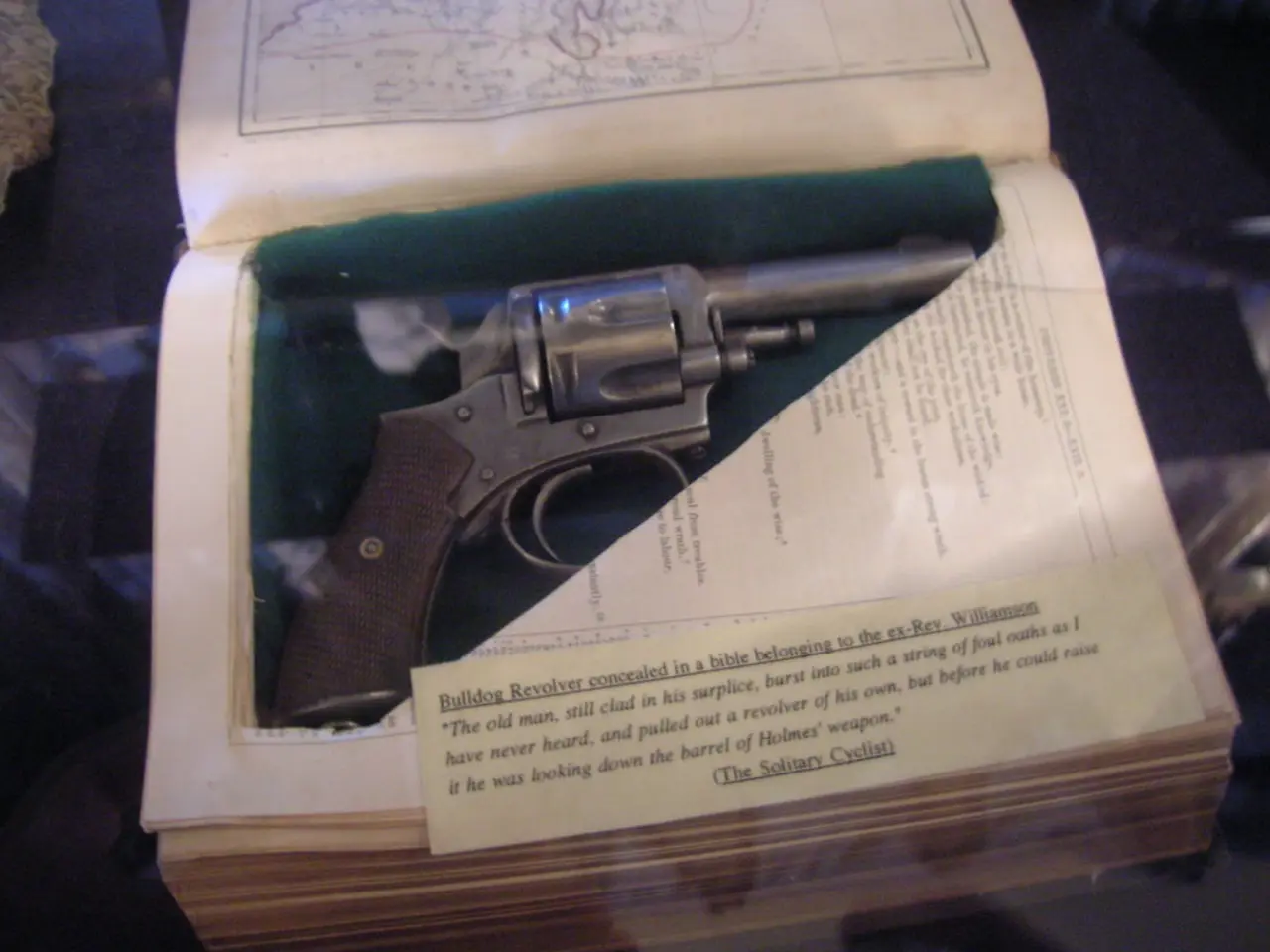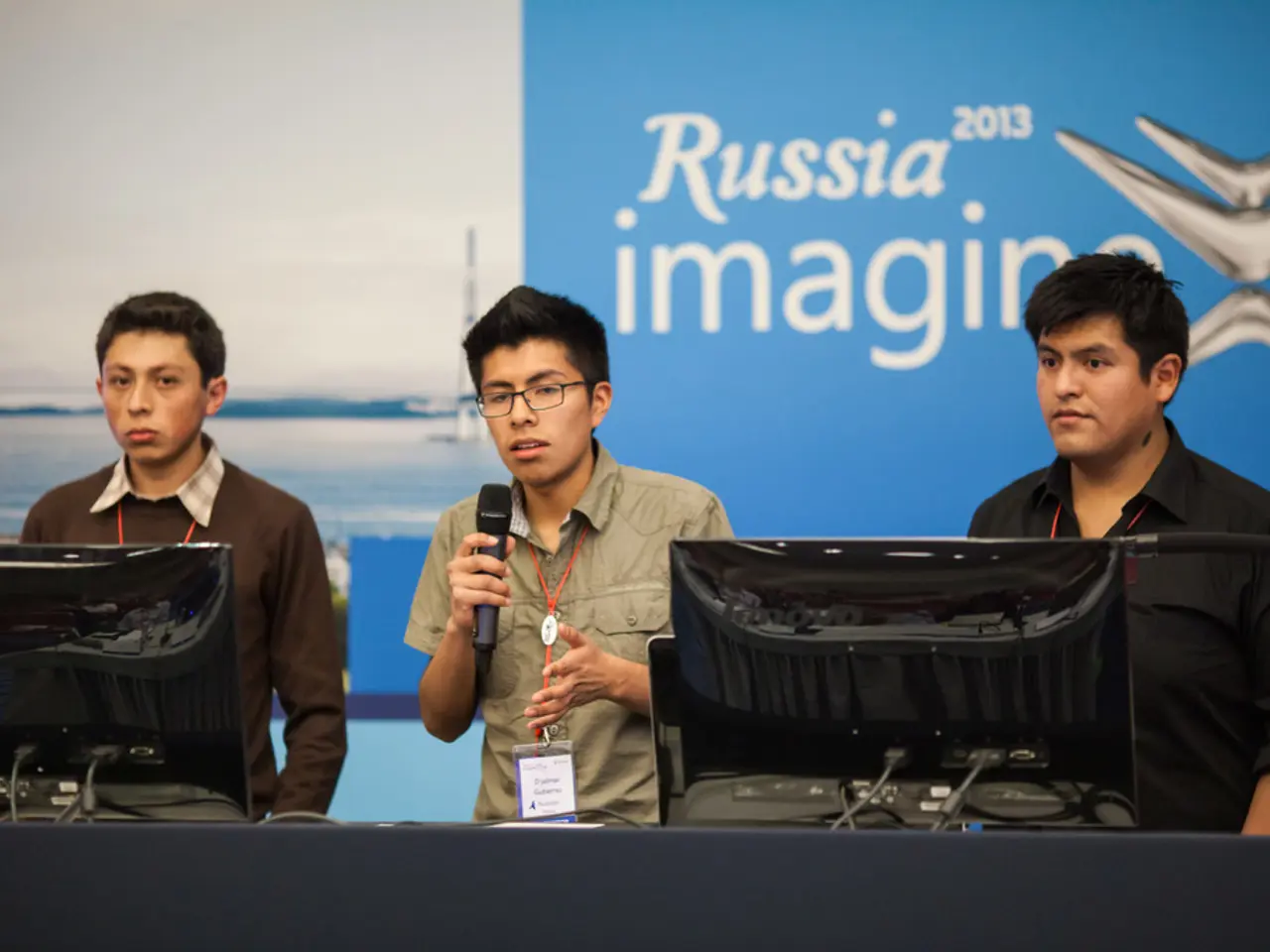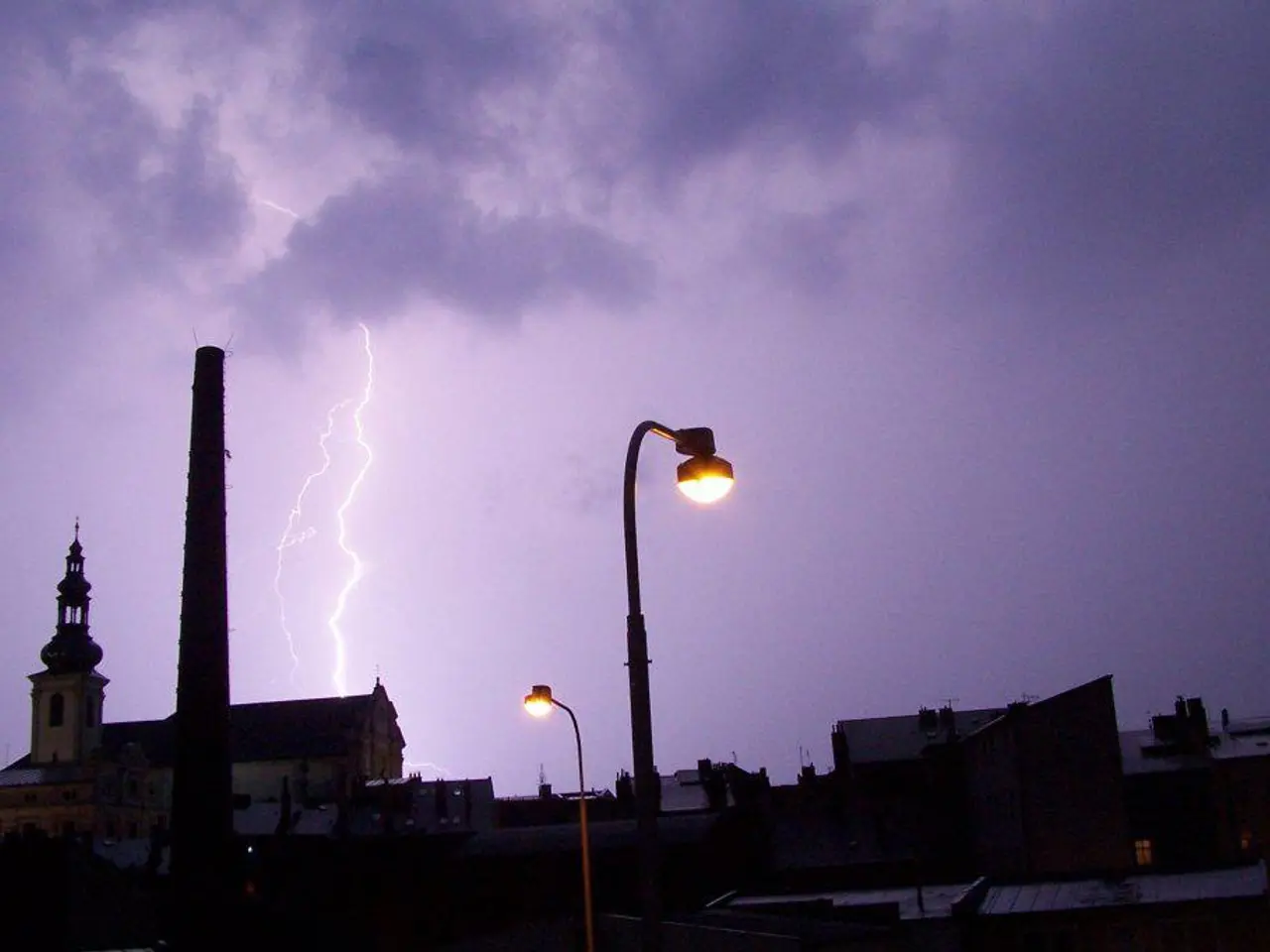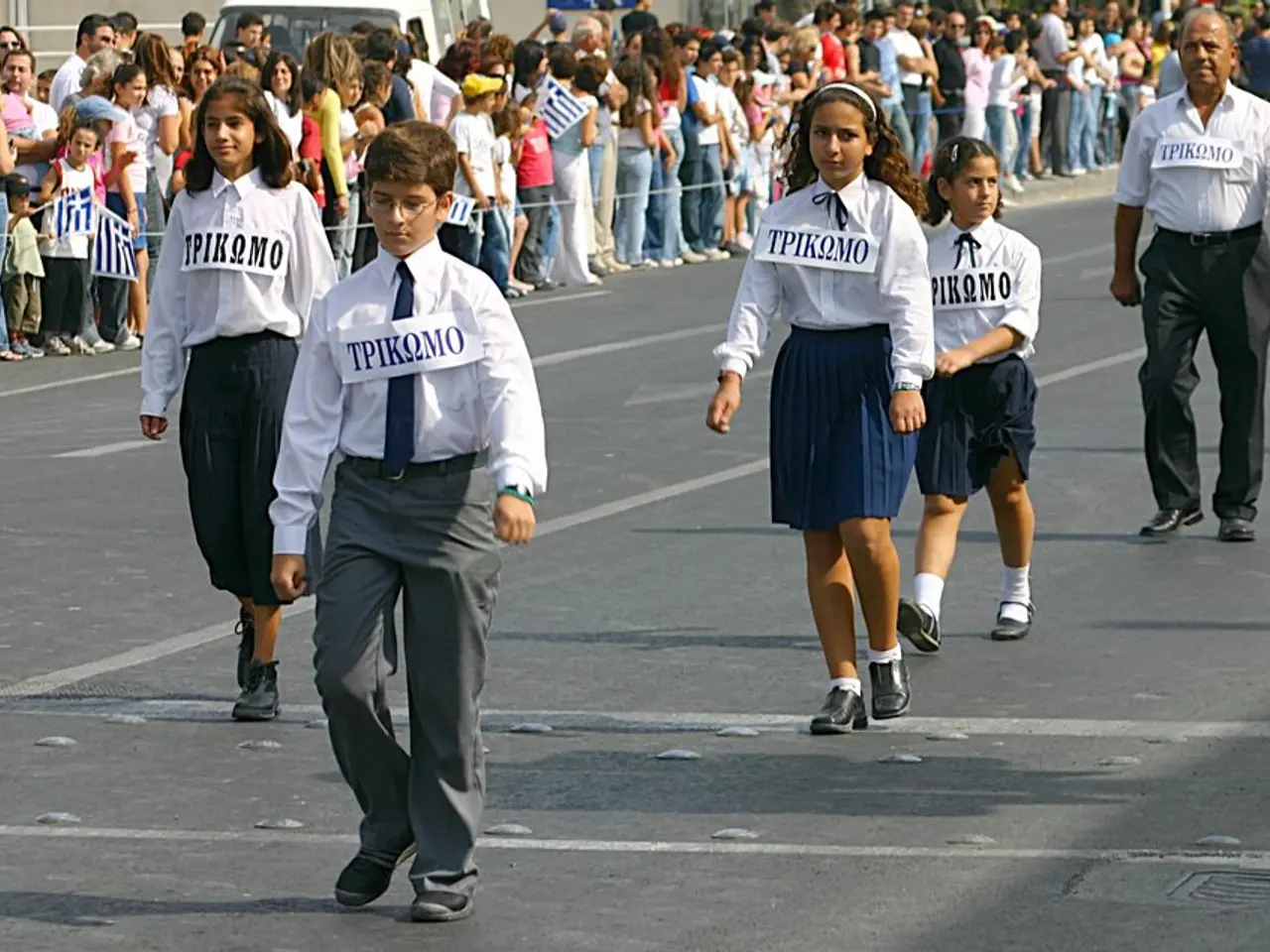Europe and Latvia need to focus on reinforcing their defensive efforts, asserts the Latvian president
EU Announces EUR 800 Billion Defense Plan: A Comprehensive Approach to Boosting European Defense Capabilities
The European Commission has unveiled the ReArm Europe Plan/Readiness 2030, a defense funding framework with a potential €800 billion target over the next decade. The plan aims to significantly enhance EU defense capabilities by 2030, focusing on upgrading military equipment and capabilities across member states.
At the heart of the plan is a €800 billion funding envelope, which will support increased defense spending at both EU and national levels. The goal is for EU member states to raise their annual defense budgets to approximately 5% of GDP by 2035, requiring around €320 billion annually.
The plan also includes investments in the defense industry, technology, and infrastructure. This includes merging and expanding existing funds into a new European Competitiveness Fund (ECF), which integrates various programs related to defense, space technology, digital sovereignty, biotech, and dual-use research. This integration is intended to facilitate strategic autonomy across critical sectors, from ammunition production to digital and space capabilities.
Support for Ukraine is embedded within the broader European Peace Facility, an off-budget instrument focused on crisis management and external action. This instrument continues to finance aid and military support for Ukraine.
The Commission’s strategy also includes promoting a potential increase in armed forces and spending across EU nations to meet agreed targets. This includes non-NATO states aiming at raising defense spending to 2% of GDP, and NATO allies targeting up to 5% of GDP by 2035 for core defense and critical infrastructure protection.
Long-term investment in sovereign capabilities is emphasized by the Commission, with projected needs of at least €100 billion after 2027 devoted to defense and space programs within the seven-year budget cycle 2028-2034. This support is intended to bolster industrial and technological capacity needed for defense readiness.
The plan also encompasses direct measures to bolster defense industrial bases in member countries. Countries like France have already committed substantial national budgets (€413 billion for 2024-2030) and are seeking to grow investments via instruments such as the European Defence Bond.
Latvian President Rinkēvičs has expressed support for the increase in the size of armed forces and has described the defense plan as a positive step towards self-support and defense. He stated that Europe cannot afford weakness and must pay to be strong, emphasizing the importance of finding money for prioritizing defense and security. However, he did not discuss the source of the additional funds for defense and security.
The plan aims to support Ukraine in critical areas, although Rinkēvičs did not elaborate on the specific critical areas. He also mentioned the need to develop specific capabilities for defense and security, but did not elaborate on the specific capabilities that need to be developed.
The defense plan, as announced, is still being assessed for the European Council's position. The plan combines direct defense spending increases by EU nations, creation of new EU budget instruments like the ECF to streamline and scale defense and technological investments, support mechanisms outside the main EU budget for crisis and military aid (e.g., European Peace Facility for Ukraine), and commitments to strengthen and modernize armed forces and industrial bases to ensure a strategic and autonomous European defense posture by 2030 and beyond.
The ReArm Europe Plan/Readiness 2030, announced by the EU, includes investments in defense, technology, and infrastructure, aiming to support Ukraine through the European Peace Facility. NATO allies are encouraged to target up to 5% of GDP by 2035 for core defense and critical infrastructure protection, while non-NATO states are aiming at raising defense spending to 2% of GDP. The Latvian President, Rinkevics, has expressed support for the increase in the size of armed forces and has stressed the importance of finding money for prioritizing defense and security.







